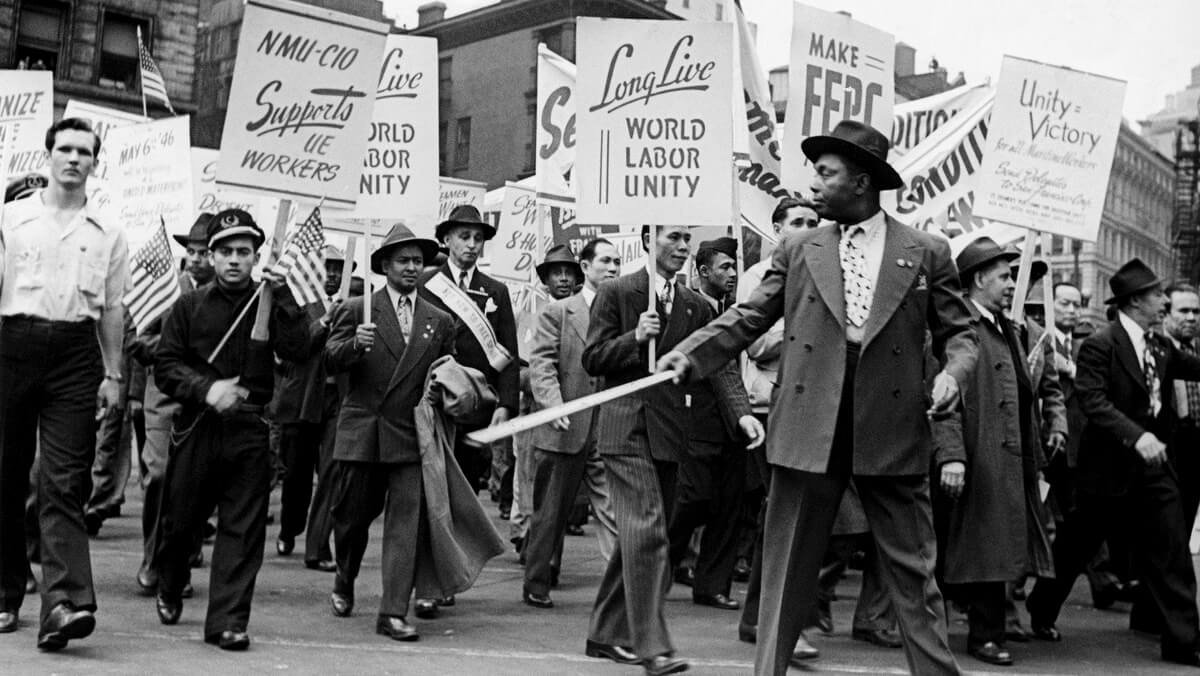
Pre-Employment Testing
Key Takeaways:
Employers have to accommodate known disabilities in pre-employment testing so that all applicants have a level playing field.
Medical tests after a job offer is extended are legal if they are generalized and not designed to screen new hires for specific conditions. Similarly, pre-employment testing that is general in nature and not designed to screen disabled applicants is also usually legal.
You’ve just aced a job interview for a major Fortune 100 employer. Congratulations! Now all you have to do is complete a 3 hour written math exam. OK, no problem. You’re great at math. One problem: you have limited use of your hands and cannot grip a pencil. You inform your test proctors of your need for testing accommodations before the exam. On test day, your proctors insist that you use a pencil and refuse your request to use a computer to complete the exam, or to provide additional time, even though you told them about your disability well in advance. Since the test is timed, and since you can only use a pen or pencil with great difficulty, you cannot complete the exam in the allotted time. You wind up not getting a job you were exceedingly well qualified for.
Disability discrimination? You bet. Under California law, employers have to accommodate known disabilities in pre-employment testing so that all applicants have a level playing field. It is illegal to refuse to hire someone due to a disability, just like it is illegal to fire them.
Medical tests after a job offer is extended are legal if they are generalized and not designed to screen new hires for specific conditions. Similarly, pre-employment testing that is general in nature and not designed to screen disabled applicants is also usually legal.
